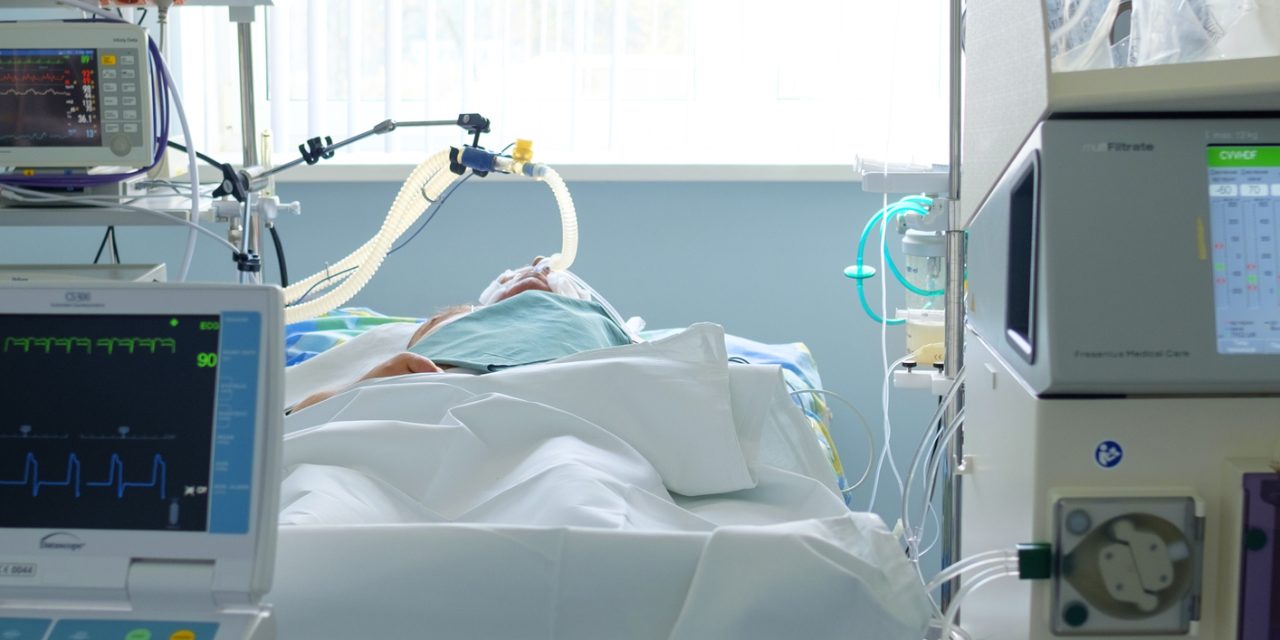To assess the predictive value for infection with multidrug-resistant organisms (MDROs) of reasons for empirical prescription of restricted antibiotics (rABX), in a setting with high resistance rates.
We prospectively studied all rABX prescriptions in a 550-bed tertiary teaching hospital from April 15 to June 14, 2018 and from September 1 to October 30, 2018. Prescribing physicians had to justify their decision by choosing one or more prespecified reasons.
We reviewed 172 empirical prescriptions of rABX, which accounted for 67.2% of all rABX prescriptions. Stated reasons for empirical prescription of rABX were recent hospitalization (72.7%), escalation due to non-response to previous antimicrobials (47.7%), treatment for severe sepsis/septic shock (45.9%), escalation due to recurrence or deterioration (22.1%), prior MDRO infection (12.8%), and prior MDRO colonization (7.6%). Empirical treatment for septic shock or severe sepsis was the only significant predictor of MDRO isolation (OR=5.26, 95% CI: 1.5-18.4, p=0.009), while recent hospitalization had a high negative predictive value for MDRO (97.4%). Fourteen per cent of microbiologically documented infections were associated with MDROs resistant to the prescribed rABX.
Empirical treatment for severe sepsis or septic shock was the only independent predictor of MDRO isolation. Recent hospitalization had a high negative predictive value for MDRO infection. The isolation of pathogens resistant to the prescribed rABX suggests that in a setting with widespread antimicrobial resistance, it could be difficult to reduce the empirical use of rABX without risking inadequate treatment.
Copyright © 2021 Elsevier Masson SAS. All rights reserved.
Restricted antimicrobial prescribing in an area of highly prevalent antimicrobial resistance.


